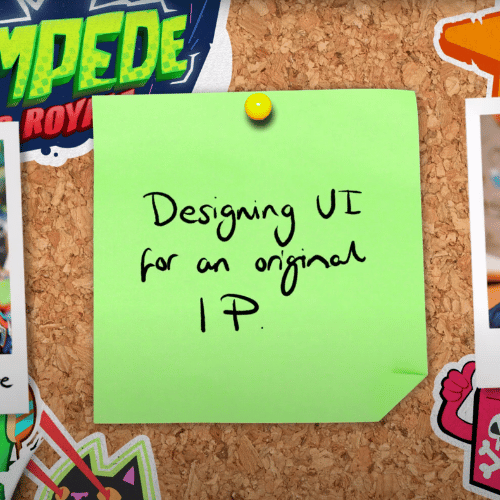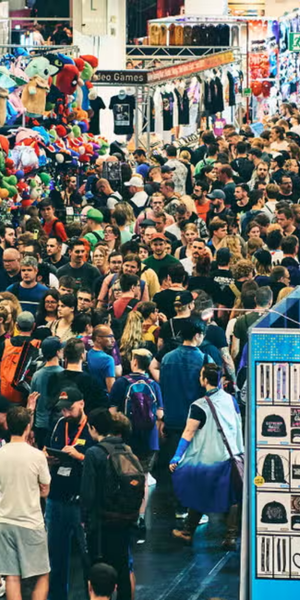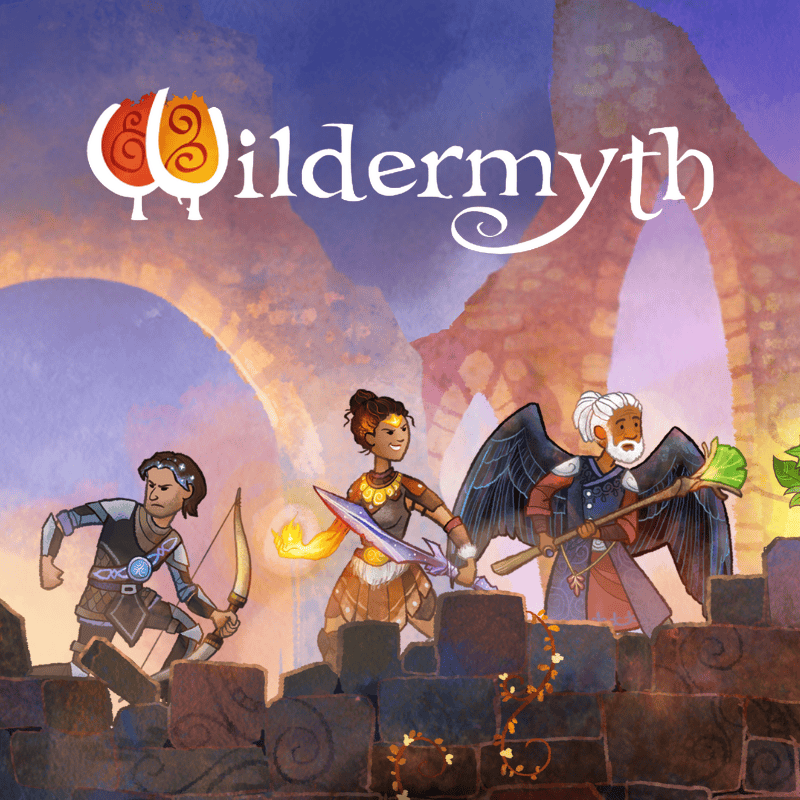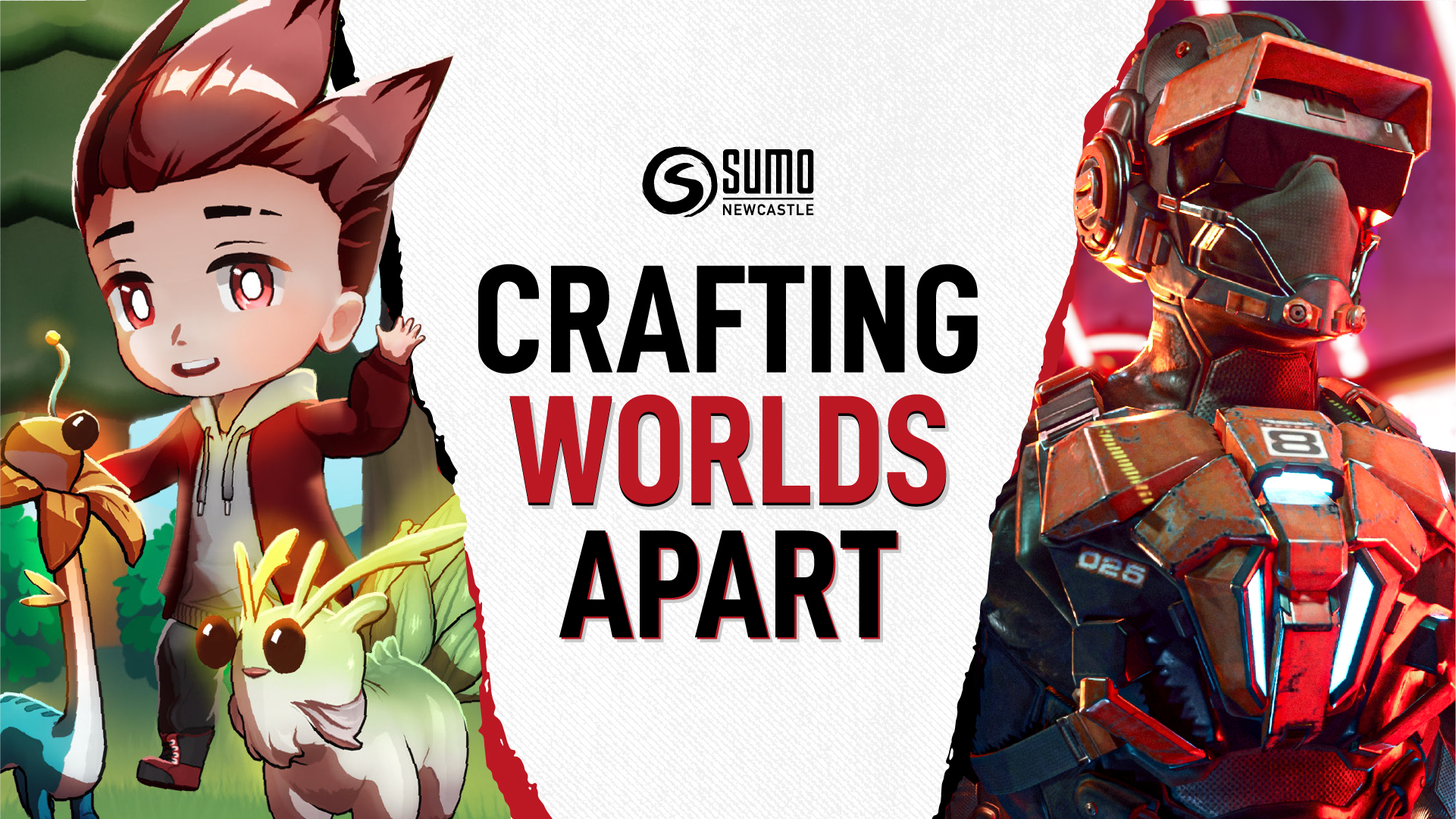Sumo Digital offers a huge array of positions across its
busy, talented studios for people of all experiences to join the video game
industry, aiming to help each individual thrive in their chosen role.
But what happens if someone has an interest in other
disciplines within games development or how a studio runs? Well, we’re no
stranger to helping our people transition into new roles from their existing
ones – and that was the case for Chris Fagan, Associate Producer at Red Kite Games.
Chris joined Red Kite in
2020 to work with the QA team, but his passion
for production led to him moving over to the exciting role which he enjoys
today. We spoke to Chris about making the move from QA to production.
“Simply put, the producer is the person,
or people, who oversee all areas of a project and manage the high-level details
of a games development process,” said Chris. “The longer
answer is we are the people who organise and run meetings, who create and
assign tasks, who plan and organise the workload done in each sprint and we’re
the ones who complete reports and documentation for milestones, etc.
“A producer is important because they
help guide development to be as smooth and painless as possible. It’s very easy
to get lost in a sea of feature creep (wanting to add more features into the
game as development goes on), bottlenecks, and dependencies. Producers are there
to prevent those from happening.
“They aim to keep the game on track, and
often that will involve making sure everyone is aware of the work required at
all stages of the development cycle. Other times it will mean being the ones to
cut features that are no longer viable or needed.”
Chris has always had a knack for leadership and helping bring
people together in order to complete any given task, something he first
discovered during his studies at The University of Huddersfield and the trait that
would eventually lead him down the production path.
“My introduction to being a producer
happened unexpectedly,” admits Chris. “During my time at university
studying Game Design, I was always the ‘Team Lead’ of my team projects. This
involved planning out tasks and prioritising them based on requirements and
order they needed doing in, arranging meetings, and delivering documentation,
presentations and other deliverables.
“Inevitably most of those university
projects ended up being a couple of sprites barely able to move on a static
screen, but I was learning the skills to become a producer along the way.
“Thankfully, in my final year of university,
one of those team projects somehow ended up being quite a solid, well fleshed
out game. We applied to be part of Game Republic’s Student Showcase where we
won Best Team, as well as Dare to be Digital where we spent a week in Scotland
showcasing the game to the public.
“Both of these experiences really drove
home how much I wanted to make games, and how much I enjoyed the planning
process to make those experiences possible. It ties back into why I think a
producer is important.
“I researched and learned so much to
prepare for this game. This meant planning went smoother and the developers
felt like they had a clearer vision of what we were making, and this resulted
in us avoiding scope creep or too many unfinished and buggy features.
“Eventually I found a position in QA at
Red Kite, with discussions during the hiring process of eventually working
toward production, and less than two years later I’m in production running a
project.”
“I’ve never worked a job where the employees are willing to take time out of their day to just have a chat with a potential new hire. Everyone I’ve interacted with at Red Kite has been such an incredible, talented, hard-working person.”
Not only does Chris feel passionate about his role here at Red
Kite Games, he’s also in awe of the industry overall. We asked him what it is
exactly about this industry that fascinates him so much.
“Ever
since playing Sonic the Hedgehog at four years old, I have loved video games,” said
Chris. “It’s the one hobby I can look to throughout my whole life that never
faded away or lessened. The storytelling, visual spectacle, innovation, and
above all else the fun of video games are why I come back to them over and
over.
“Being part of that world was something I
always dreamed about when growing up. I wanted to be able to provide the same
feeling of wonder and excitement that I had to future generations of players.
“Now that I’m in the industry I find
myself even more excited than before as I get to see how the sausage gets made.
Turns out it’s less gross than you’d think!
“I have family that live in America that
I often play games with as a way of staying in touch. Seeing my nephews get so excited about the
awesome moments games offer is what drives me to keep working in this industry.”
Chris’
determination to join the industry paid off in 2020 as he accepted his QA role
at Red Kite Games, a studio which has helped him progress into his current
role. We asked Chris what it was about Red Kite Games that encouraged him to
join the team.
“The people,”
said Chris. “Part of being hired at Red Kite includes a get-together with a
bunch of employees in a casual atmosphere to chat about games, hobbies, or
whatever you want. They want to get to know you and you get to know them.
“You’ll learn about the day-to-day of the
job, what stuff they enjoy, and funny stories about previous projects. You get great
insight into what it will be like to work at Red Kite.
“I’ve never worked a job where the
employees are willing to take time out of their day to just have a chat with a
potential new hire. Everyone I’ve
interacted with at Red Kite has been such an incredible, talented, hard-working
person.”
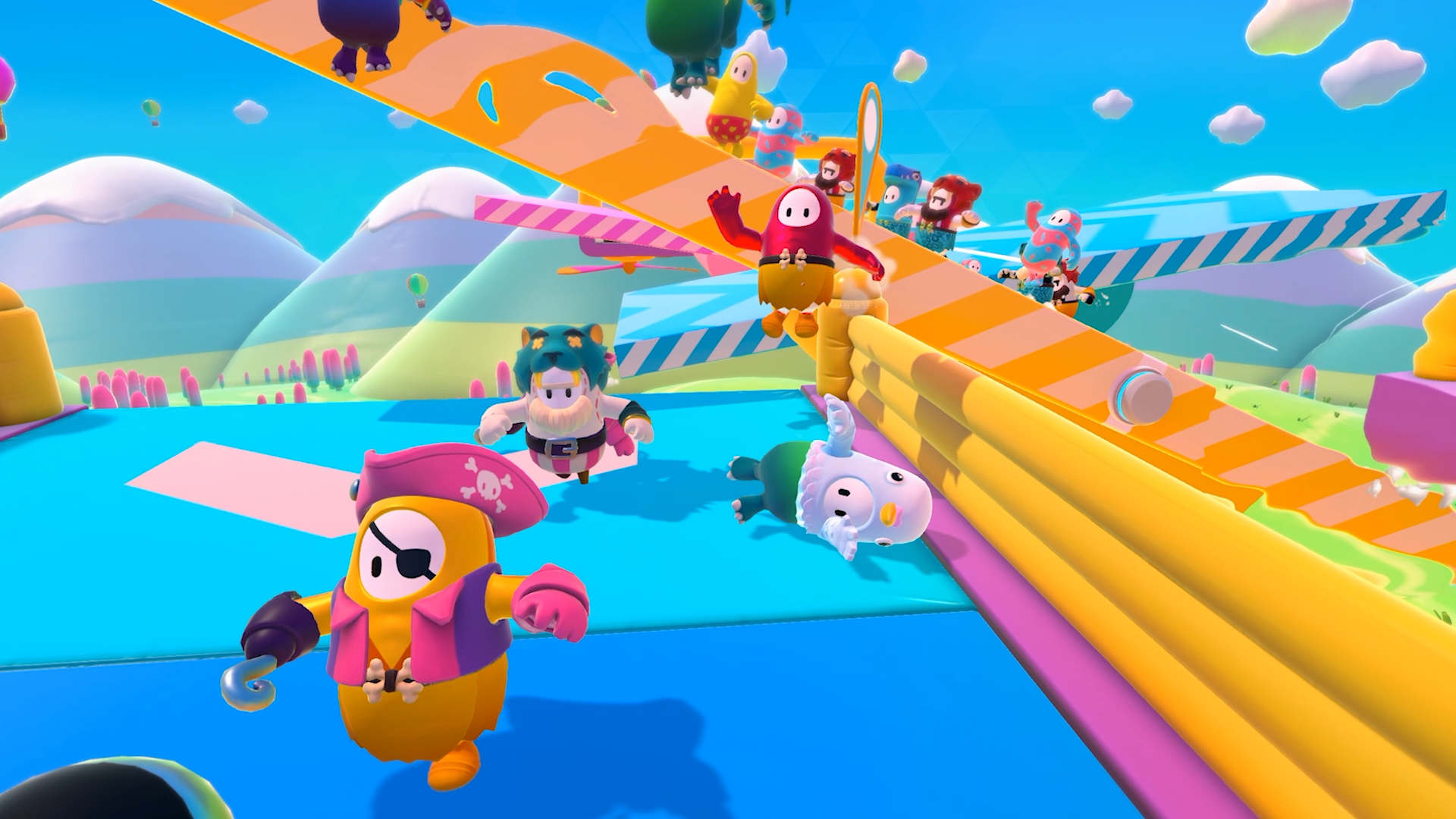
In just over two years, Chris has been involved in some major projects
including the studio’s work on the console port for the hit massively
multiplayer party royale game, Fall Guys. He explained the biggest
personal rewards and achievements since joining Red Kite.
“Being promoted from QA to Production was
a wonderful feeling,” said Chris. “It felt like I achieved
the goal I set out for myself. Throughout my time working in QA, I was often
approached to help out with some production work as a way to learn and to make
sure it was the path I wanted to go down.
“I’ll always appreciate that Red Kite was
proactive in helping me advance, and I didn’t feel like I needed to pester or
bug anyone to move the needle.
“The second biggest feeling of
achievement for me was seeing the project I am working on, Fall Guys, be released
for the free-to-play launch. We had been working on the ports of the game to do
a unified launch on all platforms with all of the free-to-play updates.
“Booting the game on day one and being
able to see my name (and everyone in our wonderful team) in the credits was a
much more meaningful experience than I was expecting. It was surreal and felt
like something I’d been wanting for a long time without knowing it.”
Chris had his heart set on a role in the production team – and
with the help of Red Kite – he did just that. Having experienced it first-hand,
Chris shared some advice for others looking to break into the industry or move
up the ladder in the world of production.
“Being a good communicator is the number
one thing I think you can work on to become a good producer,”
said Chris. “Knowing how to deliver information, both good and bad,
confidently, and coherently is extremely important.
“So much of our job is communicating with
people to make sure they understand the work being asked of them, it needs to
go both ways though. Delivering information is one thing, but receiving it is
another and is just as important.
“If someone comes to you because they are
confused or don’t understand something, you need to be able to read the
situation from their tone, body language, and words used to best help them.
Some members of the team will be direct, and they will tell you exactly what
they want and how you can help them – while others won’t necessarily feel
comfortable with that and will be more cryptic with their discussions.
“It’s easy to miss, and might make those
people feel unheard, all areas of communication are key. Try and be someone that people refer to as a ‘people-person’,
as cheesy as it sounds. It’s a hard balance to strike, and it’s a skill I consciously
work on every single day.”
.jpg)
Though
it’s only early stages into his life at one of Sumo Digital’s award-winning
studios, Chris has a keen eye on the future and has mapped out his goals for
the next couple of years in order for him to progress.
“Over the next couple of
years, I would love to keep developing my skills as a producer,”
said Chris. “So far, I’ve been an Associate Producer on one game. I’ve
learned a lot already and continue to do so as the game changes and evolves.
“However, we joined Fall Guys
after it had already been released on PC and PS4, so I’ve yet to truly
experience game development from the very beginning of that cycle. It would be
so interesting and exciting to me to see a game through from start to finish of
the full game development cycle.
“I don’t know if that will
happen in the next couple of years, but that’s the sort of thing I look forward
to down the line. Other than that, I’d like to reach a point with my knowledge
and skillset to move up from associate to fully-fledged Producer. Right now,
though, I’m just happy that I have a job I get to do every day that I still
look forward to showing up for.”
Fancy yourself as an
aspiring producer looking to break into the industry? Check out our production
roles, as well as all other available roles, right here.



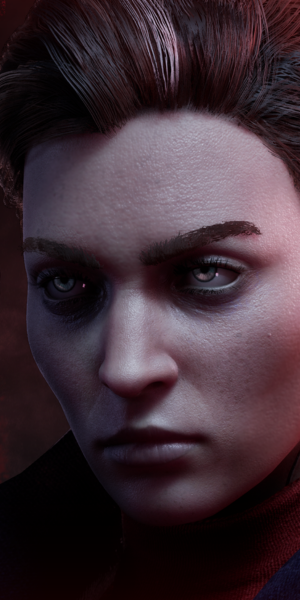 Vampire The Masquerade: Bloodlines 2
Vampire The Masquerade: Bloodlines 2 Exoborne
Exoborne Mars Horizon 2: The Search for Life
Mars Horizon 2: The Search for Life

